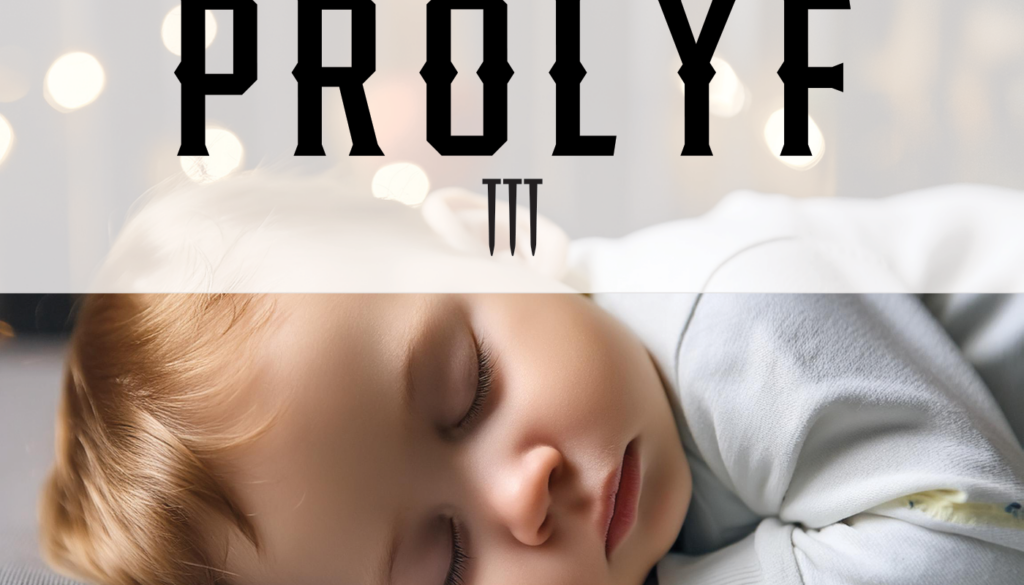PROLYF and Isaiah 49:15
Messiah Mindset is proud to launch our newest collection PROLYF which can be seen here. PROLYF is all about the Pro Life movement and the fight for the lives of babies. Abortion is a tough subject to reflect on especially for a Christian. A lot of very compassionate Christians stands in the middle advocating for both sides.
But is it biblical? This series will cover multiple verses that will show you how God sees abortion. I pray that every reader reads this with an open heart and mind, and that they receive the Holy Spirit for insight into this very heavy topic. Because this IS a matter of Life and Death. Today we will focus on Isaiah 49:15:
Isaiah 49:15 and the Sanctity of Life: A Pro-Life Reflection
Isaiah 49:15 (NASB): “Can a woman forget her nursing child and have no compassion on the son of her womb? Even these may forget, but I will not forget you.”
The Unfailing Love of God
Isaiah 49:15 highlights the depth of God’s love and commitment to His people. The verse begins with a rhetorical question, “an a woman forget her nursing child and have no compassion on the son of her womb? ” This imagery underscores the natural bond and instinctual care that a mother has for her child. It is almost unthinkable for a mother to forget her nursing baby, yet the verse acknowledges that even if such a rare and tragic event were to occur, God’s love remains steadfast and unfailing: “Though she may forget, I will not forget you!”
This comparison emphasizes that God’s love surpasses even the most profound human love. His compassion and remembrance are constant and eternal. For the pro-life movement, this verse serves as a reminder that every life is precious and remembered by God, deserving of protection and care.
The Sanctity of Life
The pro-life movement is grounded in the belief that every human life, from conception to natural death, is sacred and worthy of protection. Isaiah 49:15 reinforces this belief by illustrating God’s unwavering commitment to each individual. If God remembers and cherishes every life, we are called to do the same.
Abortion, which terminates a potential life, stands in stark contrast to the values expressed in Isaiah 49:15. The verse challenges us to reflect on the compassion and care that God has for every person, born and unborn. It calls us to extend that same compassion and protection to the most vulnerable among us—unborn children.
Compassion and Advocacy
Isaiah 49:15 also serves as a call to action for those who advocate for the sanctity of life. As Christians, we are called to mirror God’s compassion and love in our own lives. This means not only opposing abortion but also supporting mothers and families in need, providing resources, care, and alternatives to abortion.
Pro-life advocacy is not solely about opposing abortion; it is about creating a culture of life where every individual is valued and supported. This includes offering practical assistance to pregnant women, supporting adoption services, and promoting policies that protect the unborn and support families. There are many non profit organizations that does this, providing essentials for new mothers and their babies, or some organizations even helps financially. When you purchase any item from the PROLYF collection a portion of the proceeds will go to organizations that not only fight abortion but also helps and provides support to those who chooses life.
Conclusion
Isaiah 49:15 is a powerful reminder of God’s unfailing love and the sanctity of every human life. It challenges us to reflect on our own attitudes and actions towards the unborn and to advocate for a culture that cherishes and protects life at all stages. In a world where the value of life is often debated, this verse calls us to remember that every life is precious to God and should be precious to us as well.
As we continue to stand for life, let us do so with the compassion and love that Isaiah 49:15 exemplifies. Let us remember and protect the unborn, offering hope and support to mothers and families, and working towards a society that truly values the sanctity of life.




